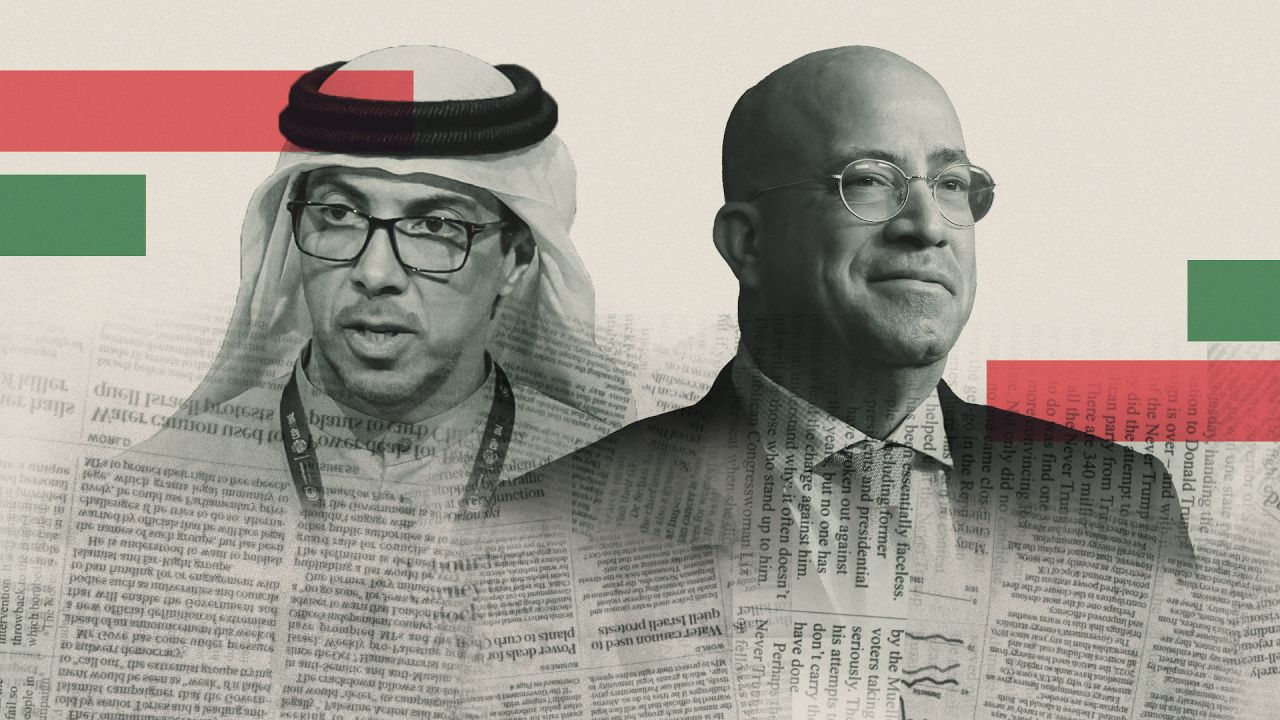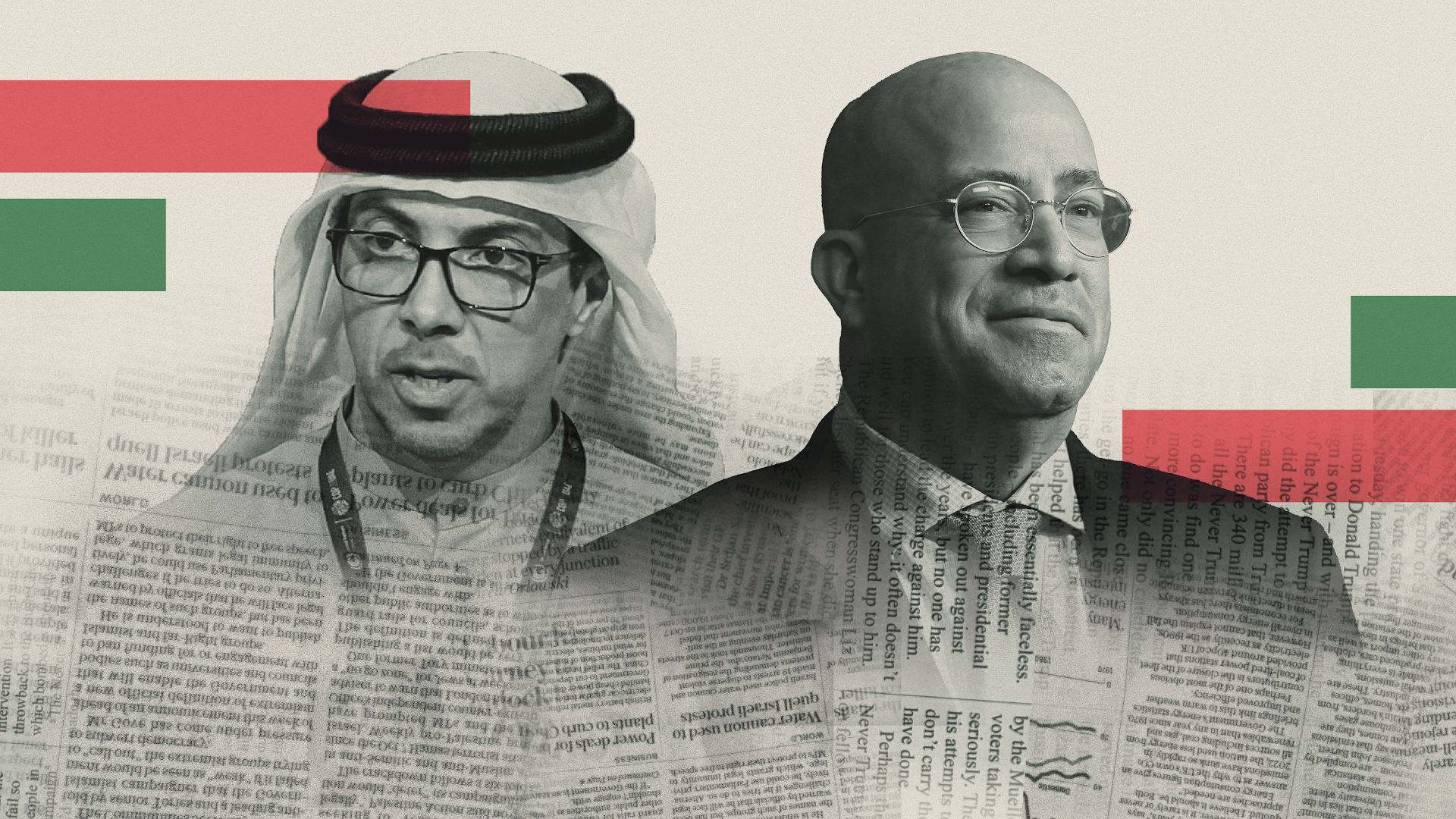How much of The Spectator and the Daily Telegraph should the United Arab Emirates be allowed to own? Tomorrow, the Lords will debate whether ‘foreign powers’ (as defined by the National Security Act) should be allowed to own national publications in light of the RedBird IMI bid for the two titles. The government may table an amendment to the Digital Markets Bill to diminish the chance of a rebellion via Tina Stowell’s amendment. However the vote goes, the debate will be a landmark.
The consensus is that blocking the Emirati bid is (as Michael Forsyth put it in the Lords) an ‘absolute no-brainer’. As the Lib Dem MP Jamie Stone put it ‘the mood of the House (of Commons) is that this is simply not on’. Yesterday’s intervention by Thangam Debbonaire, the Shadow Culture Secretary, may have tilted the balance. Her view and the view of the Labour Party, she says, is that protection of the free press is incompatible with the RedBird IMI bid.
The debate in the Lords tomorrow will be hugely important
RedBird’s argument is that the cash is not from the government but a private entity – and that it’s run by Sheikh Mansour, vice-president of the UAE, acting in a private capacity. Few politicians agree and such is the groundswell of opinion there are reports of the Emiratis seeking to take the deal below the regulatory radar by reducing their stake to 49 per cent, 25 per cent or buying it with non-voting (i.e. no-control) shares.
This would be an odd turn of events. RedBird’s position is that it wants the Telegraph and The Spectator as part of a wider business plan. But it’s hard to see the logic in keeping a minority stake but losing operational control. That a minority stake solution is even being considered adds weight to the theory that the real motive for this bid is not operational but to acquire influence via a significant stake in the national press. So Parliament has something new to debate: not just the risks and merits of an Emirati ownership, but an Emirati minority stake.
If 100 per cent RedBird IMI ownership is not compatible with a free press, then what is? In my view, the same concerns apply even when the stake is reduced. A few weeks ago, the government voiced national concern about the Emiratis owning 15 per cent of Vodafone. If such a small stake in a telecoms infrastructure company causes national security concerns, a stake in a national news publication will likely do more so – especially at a time when ministers worry about a global battle for information. As Foreign Secretary, James Cleverly spoke about ‘hostile information manipulation by actors, including Russia and China’. And, by extension, their allies.
Yes, the Emiratis are our allies. But they are also, now, allies of Russia and China and have been buying Putin’s oil and berthing Xi’s ships. This complicates things. It is this Emirati/Putin relationship – the Emiratis buying and transporting Putin’s oil – that has so many MPs concerned about (and minded to vote to outlaw) even the slightest UAE governmental influence in the UK media. Tom Tugendhat, the Security Minister, makes a general point. ‘Whether that be Newport Wafer Fab or Arm or Deep Mind, I’ve already made my views clear. Before selling these kinds of assets we should ask whether it’s in the long-term interests of the United Kingdom. And if the answer’s no, we shouldn’t be shy about standing up for ourselves and saying so.’
The Emiratis are our allies. But they are also, now, allies of Russia and China
RedBird’s view is that ‘Our bid is a joint venture bid between an American-led private equity firm [RedBird] and a business entity in the United Arab Emirates called IMI. This is not the UAE government.’ Debbonaire was addressing this point yesterday when she said:
‘My view – and the view of the Labour party – is that foreign governments should not own national newspapers. This is a bid by a foreign power, funded by the deputy Prime Minister of the UAE, and as such this bid should not pass. Labour is unequivocal and unambiguous on this point: ownership by a foreign power is incompatible with press freedom, which is essential in a democracy.’
Is this true for 10 per cent Emirati ownership as well as 100 per cent? We’ll bring you all contributions as they’re made in tomorrow afternoon’s debate.










Comments
Join the debate for just $5 for 3 months
Be part of the conversation with other Spectator readers by getting your first three months for $5.
UNLOCK ACCESS Just $5 for 3 monthsAlready a subscriber? Log in